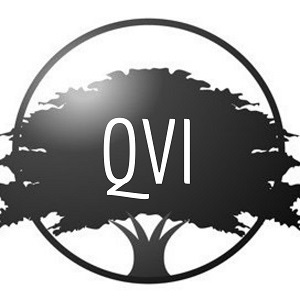QVI Portfolios Review | Fall 2023 | #3
Part Three of a Series | Consumer Staples Sector Holdings

Summary
This review of Quality Value Investing’s portfolios covers the six consumer staples sector holdings.
The Coca-Cola Company, Walmart, Weis Markets, Target, The Kroger Co., and Costco Wholesale are researched in this post.
The review includes updates to QVI’s checklist analysis of each company’s current wealth and the stock price’s present value.
Any changes in my view (buy, hold, sell) are reflected in the QVI Concentrated and Expanded Real-Time Portfolios.
This post, in its entirety, is exclusive to premium (paying) subscribers.
When referencing this report, premium (paying) subscribers can access their Quality Value Investing (QVI) Glossary of Investing Terms and Metric Targets. Unless noted, all data presented is sourced from Seeking Alpha Premium as of the market close on September 28, 2023, and intended for illustration only.
In this series, Quality Value Investing (QVI) will review each holding in the QVI Real-Time Portfolios by sector to update each stock pick’s performance, current wealth, and present value.
Today’s post reviews QVI’s consumer staples sector holdings: Coca-Cola (KO), Walmart (WMT), Weis Markets (WMK), Target (TGT), Kroger (KR), and Costco Wholesale (COST).
Company Current Wealth
To uncover the current wealth of the company, QVI defines the value proposition, measures select returns on management and assesses enterprise downside risks.
Value Proposition
QVI value proposition section defines the competitive advantages of a company’s products or services to its customers compared to the industry, including the stock’s historical performance vs. the sector and market.
Value Proposition Elevator Pitches
Coca-Cola is a legendary global powerhouse with a ubiquitous brand name that likely isn't going anywhere except consumers' refrigerators, pantries, and cupholders.
Walmart, love it or hate it, is an American institution.
Weis Markets processes its popular milk and famous ice cream and supports local farmers. By utilizing its centrally-located distribution centers and transportation fleet, the company self-distributes approximately 67% of the products sold in its stores.
Target is the Millennial generation's favorite place to shop when offline. Of course, Target shoppers also buy online, albeit from their local store's inventory. Nevertheless, the Bullseye is a comfort zone for the occassional millennial on-ground shopping spree.
Kroger is the originator of the supermarket model and leverages its experience and scale to outperform direct competitors, the non-cyclical consumer sector, and the broader stock market.
Costco leverages its brand name by selling inventory at or near cost. However, its membership fees, willingly paid by its loyal members, drive its predictable net profit margin.
Performance vs. Sector and Market
Keep reading with a 7-day free trial
Subscribe to Quality Value Investing to keep reading this post and get 7 days of free access to the full post archives.




